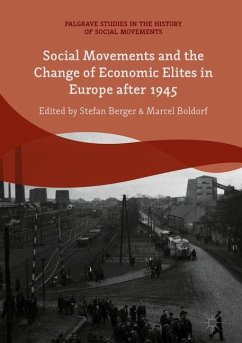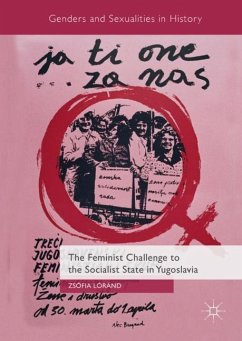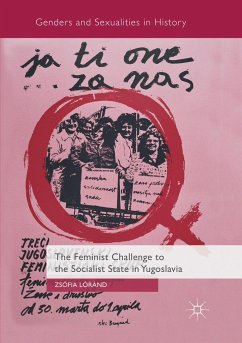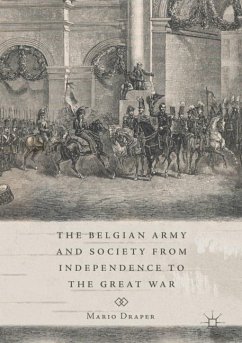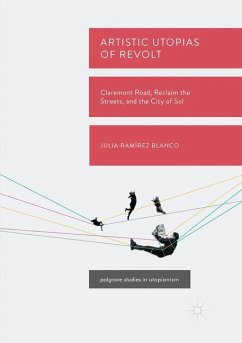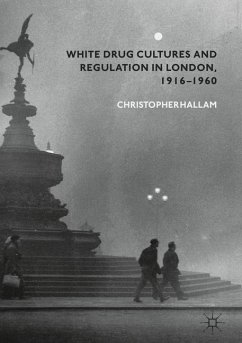
Marxist Historical Cultures and Social Movements during the Cold War
Case Studies from Germany, Italy and Other Western European States
Herausgegeben: Berger, Stefan; Cornelißen, Christoph

PAYBACK Punkte
49 °P sammeln!
This book explores the relationship between diverse social movements and Marxist historical cultures during the second half of the twentieth century in Western Europe, with special emphasis on the Federal Republic of Germany and Italy. During the Cold War, Marxist ideas and understandings of history informed not only the traditional Communist Parties in Western Europe, but also influenced a range of new social movements that emerged in the 1970s in the wake of the 1968 student rebellions. The generation of 1968 was strongly influenced by neo-Marxist ideas that they subsequently carried into th...
This book explores the relationship between diverse social movements and Marxist historical cultures during the second half of the twentieth century in Western Europe, with special emphasis on the Federal Republic of Germany and Italy. During the Cold War, Marxist ideas and understandings of history informed not only the traditional Communist Parties in Western Europe, but also influenced a range of new social movements that emerged in the 1970s in the wake of the 1968 student rebellions. The generation of 1968 was strongly influenced by neo-Marxist ideas that they subsequently carried into the new social movements. The volume asks how Marxist historical cultures influenced third world movements, anti-fascist movements, the peace movement and a whole host of other new social movements that signaled a new vibrancy of civil society in Western Europe from the 1970s onwards.



